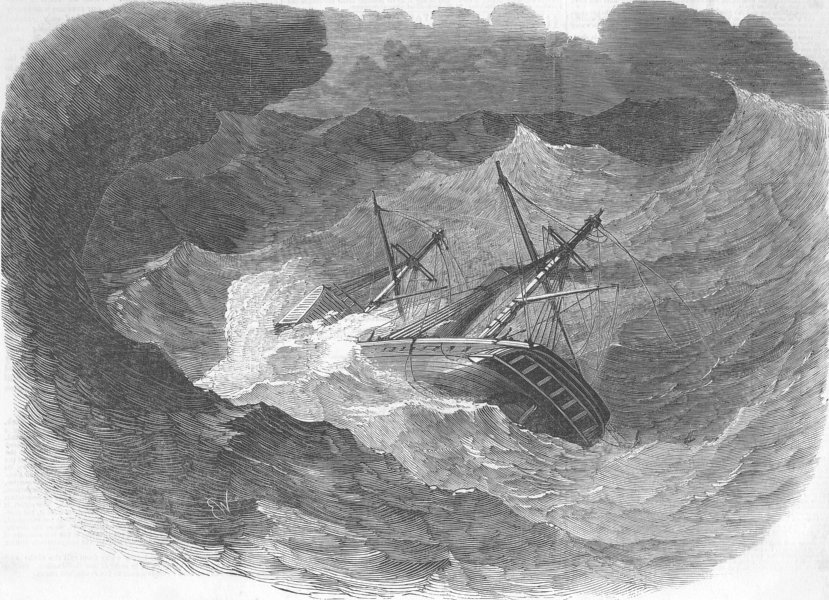FWP:
For background see S. R. Faruqi's choices. For more on Ghalib's unpublished verses, see the discussion in {4,8x}. This verse is from a different, unpublished, formally identical ghazal, {313x}, and is included for comparison. On the presentation of verses from unpublished ghazals like this one along with formally identical divan ghazals, see {145,5x}.
Well, there's obviously all the wordplay. But I can't really feel that it holds together very well. Asi doesn't comment on it at all, and Zamin and Gyan Chand are all over the map; so it seems that the commentators can't make much of it either.
There doesn't seem to be any real connection between the 'boat' (or possibly the beggar's bowl?) and the 'story'. I asked S. R. Faruqi if he could see anything I was missing. His reply (Sept. 2008) was that in these early verses the young Ghalib sometimes got so carried away by his delight in shoḳhī-e maẓmūn , a 'mischievousness' of theme, that he simply neglected to create a desirable amount of 'connection' in the verse.

Zamin:
Mirza's meaning is that 'My conditions and situation are such that if some story would be based on them, then this story would be so tear-evoking that through the listeners' tears the world would become a realm of water'. [Or:] Reversing this, he says that 'Look, I am the embodied plot of my own story-- having become melted, I turned the whole world into a realm of water; and the world has already become a realm of water, and your heedlessness created this situation, since you treated me this way. So now what are you waiting for? Get up, and cast a casual glance on the whole world drowned in this ocean.'
Another meaning can be that 'Oh addressee! Take a lesson from our situation-- look-- we are the embodied, melted essence of our story, and from our being melted the world is water. That is, from an abundance of griefs and difficulties nothing but weeping has been written in our fate. So what's the use of giving your heart to the material world? Why not offer up the boat of the world to the typhoon of heedlessness?' That is, why not sever your connection with the world? (225)